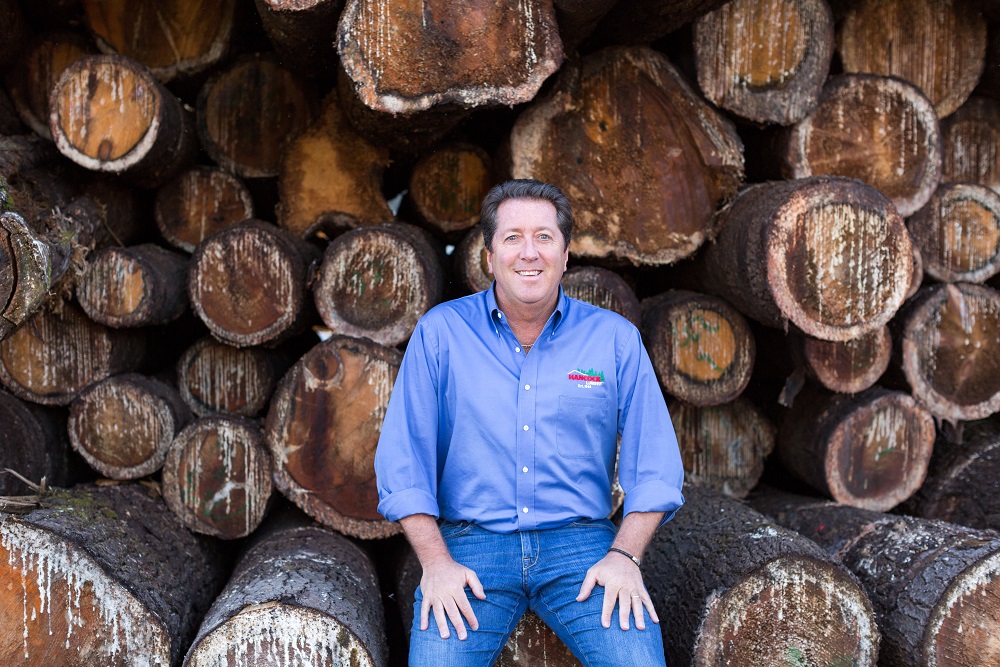Recently, we interviewed two CEOs with SD, Kevin Hancock from Hancock Lumber and Jaime Schmidt from Schmidt Naturals. In both interviews, the focus was on how SD has impacted their individual leadership styles. We asked the question, “what advice would you give to someone living with SD?” We were was surprised to get the same answer from both Schmidt and Hancock…”Embrace your voice”.
We can all understand the expression, but what does it really mean? I often use a thesaurus to really understand the intrinsic meaning of a word so here’s some of the other words that can be used in place of embrace: hug, include, incorporate, accept, welcome, support, adopt, enfold, comprise, take on. It’s interesting that those are some of the same concepts that I would also include in the concept of self-love.
I am a realist. The unexpected diagnosis of SD probably threw your life out of balance. It likely impacted you emotionally, professionally, and in your personal relationships. There’s no doubt that you felt at least once or twice or a million times, that things were worse for you. But I have noticed a theme from the folks with SD who participate and contribute to the organization, they all express some sort of acceptance of their SD. And that acceptance forces them to think differently about the events and circumstances of their lives. Schmidt admits that she plans business travel and speaking events around her Botox® treatments. She didn’t quit doing speaking engagements, but she has had to adapt.

Kevin Hancock 
Jaime Schmidt
So as usual, I went to Google for help on this topic. Here is some advice from a few of the over 4 million Google results on self-love with a disability.
Embracing something can lead to growth, helping you experience life in a new way, with a new perspective, that can transform your life in ways you never thought possible. And Hancock admits, “In losing a piece of myself, I found a better me”.


